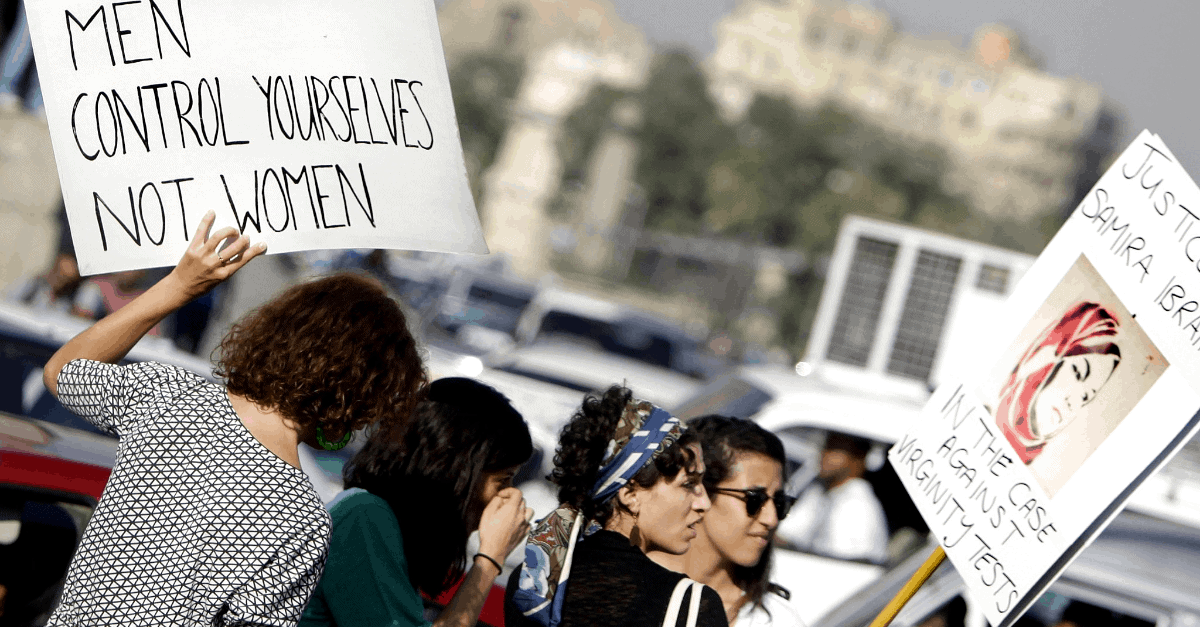We are now, finally, at a time where the #metoo movement is dominating, and more and more victims are coming forward with their assault stories. More people are encouraging victims to come forward with their stories and expose their harassers, but before you do speak out, there are some crucial things you need to know.
While none of what happened is your fault, you will still face some struggles when you speak out. Not many expect the consequence – I know I didn’t know when I spoke out – which is why we want to give you all the possible scenarios that could happen.
This article is not going to be sugar-coated; we will be saying the tough love you must know before deciding what to do. With that said, we are not discouraging anyone of coming forward with their stories.
In fact, we want everyone, women and men, to know what to do right after coming out with their stories so they would have the strength to continue the fight.
We are not speaking about what to do as well since there are many sources on what to do. This is only about things that might happen to you after the fact.
Do not speak out because you feel forced to do so
The following point does not apply to rapes, in which you need to go to the authorities asap for medical examination.
Do not take people’s encouragement as being forced to speak out. Harassment can be extremely traumatising, and you might have PTSD afterwards. Your mental wellbeing is more important, and you need to do what is best for you.
Be prepared for backlash.
It’s 2020, and sadly victims are still blamed by some for the assault. You will be asked what were you wearing. Did you allow the harasser to harass you? Even sometimes, rape victims will get accused of ruining the rapist’s reputation and that everything was consensual.
You need to know that you might be attacked and blamed for what happened by some. You need to be prepared for that. This is why the previous point says you need to be mentally prepared and ready to speak out. You also shouldn’t be blaming our society or Egypt specifically because as sad as it is, it’s a human thing allover the world.
Learn from the Brock Tuner case
The Brock Turner case is an example of people sympathising with the rapist. If you’re unfamiliar with this case, here is a summary of the case.
On January 18, 2015, on the Stanford University campus, Turner, then a 19-year old student athlete at Stanford University, sexually assaulted 22-year-old Chanel Miller, while she was unconscious.
Two graduate students intervened and held Turner in place until police arrived. Turner was arrested and released the same day after posting $150,000 bail.
During the case, Chanel Miller’s identity was not revealed, and she was referred to as “Emily Doe”. Even when people had no idea who she is, she was blamed for the rape, and accused of running her harasser’s life and destroying his future.
After five years of anonymity, Chanel Miller released a book to share her experience and would go on interviews to share it with everyone.
Here is an interview of her on “CBS This morning” briefly sharing her experience.
During the trial, Chanel Miller also shared her experience during her victim impact statement. Her statement was almost an hour-long and included details of what happened to her before, during, and after the incident. She spoke about the trial as well.
You can watch her read her entire statement, or read the statement, along with all the case’s details, here.
It’s much safer to have a lawyer before exposing anyone, even if it’s just on social media.
The tricky thing about cases like these is that you need to have substantial evidence to plead your case, even if it’s just on social media. If you’re accusing someone of rape or harassment without any evidence, there’s a massive chance that you might end up in legal issues for “Defamation”.
An example of this issue was a somewhat famous content creator who was accused by several for harassment. Since no one posted substantial evidence, he made a public appeal to sue his accusers for 10 million EGP.
Your life will never be the same after.
After you report your harasser, things can be difficult right after. However, in the long run, we promise you that it will get better! You might be attacked for your action, and blamed for what happened. you will be looked at differently. Years from now, you will forget this and remember that you did what’s right. You stood up for yourself. Your abuser and harasser got what they deserve.
Even if they didn’t, you tried and that alone is more than enough.










What do you think?
It is nice to know your opinion. Leave a comment.